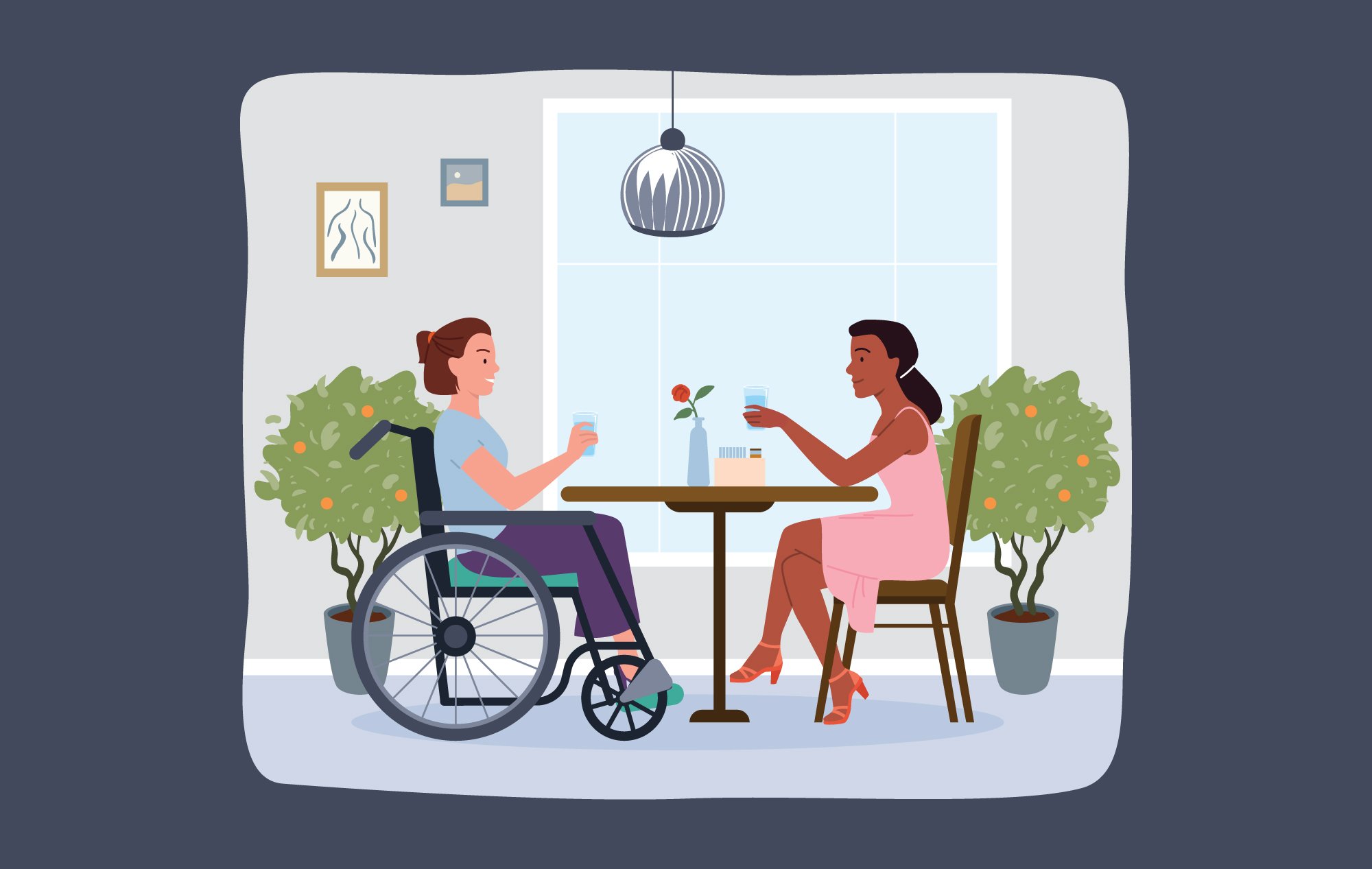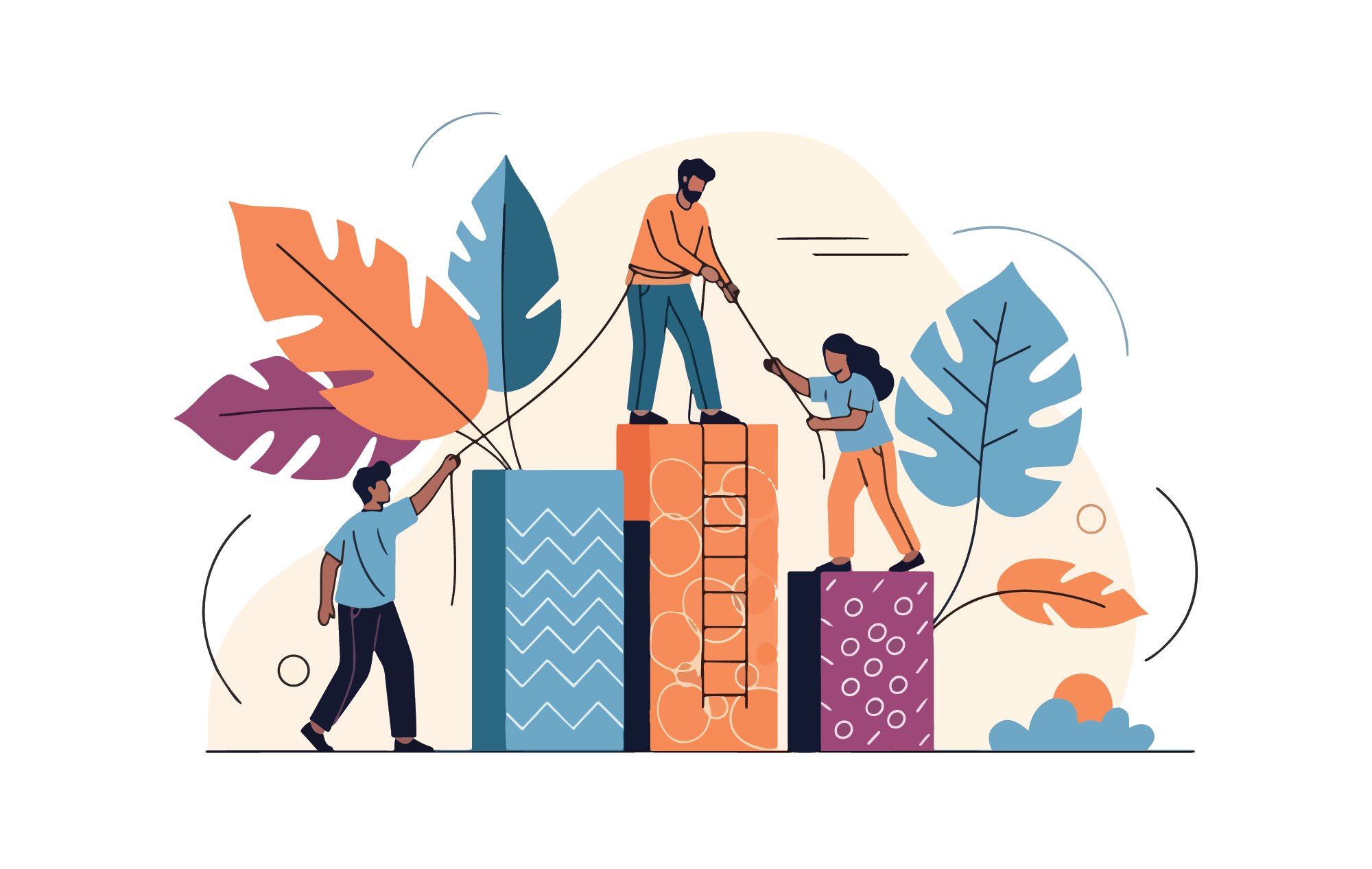Addressing high-stress environments is important to DEI professionals and those seeking to create work settings where everyone can thrive.
A major contributor to such stress are "microaggressions," which are subtle, and often unintentional, forms of discrimination that are commonplace in society.
Of course, "subtle" discrimination is still very much wrong and can have far-reaching impacts on huge swaths of the population, including historically marginalized groups.
For instance, when businesses were considering return-to-work policies during the COVID-19 pandemic, a Future Forum article noted that only 3% of Black knowledge professionals (then working remotely) wanted to return to the office, compared to 21% of white knowledge professionals in the United States.
The authors suggest that working remotely helps Black professionals avoid microaggressions and reduce stress by eliminating the need to code-switch, or adjust their behavior, to fit into predominantly white work environments.
In response, teams are adopting microvalidation practices to generate greater interpersonal trust among colleagues and eradicate more understated forms of discrimination in the workplace.
Microaggressions vs. Microvalidations
Microaggressions are subtle negative actions, while microvalidations are their positive counterparts, offering support and recognition. To understand why microvalidations matter, it's helpful to know how microaggressions can affect people at work.
Microaggressions
It's important to know that microaggressions also come in the form of "microinsults" or "microinvalidations." These are often small, frequent, and usually unintentional behaviors that exclude or demean minorities and marginalized people.
Nonetheless, inadvertent acts, such as asking people about their origins (suggesting they don’t belong in the country in which they reside) or complimenting women on their intelligence, as if smarts are an exceptional thing for women to have, are both common forms of subtle biases.
Even the use of gender-specific pronouns like "he" or "you guys" when referring to all people can be seen as a microaggression, as it implies that men are the norm or default. Instead, opting for more inclusive terms like "someone" or "y'all" in generic situations can help create a more inclusive and welcoming environment.
Frequent exposure to microaggressions can make people feel more depressed, alienated, anxious, and stressed out in a working environment. Not only does this corrode their emotional and psychological health, but it perpetuates environmental barriers to their professional development.
Microvalidations
Alternatively, microvalidations are simple, kind actions that make people feel seen and valued, especially those who often experience exclusion. At first, these actions are done on purpose, but over time, they become a natural part of how we treat each other at work.
Microvalidations come in many forms and can help communicate positive or respectful messages relevant to a person’s identity, such as their race, gender, sexual orientation, disability, place of origin, or religion, to name a few.
Their superpower lies in their ability to directly counteract negative experiences faced by non-dominant groups due to stereotypes or discriminatory beliefs held by peers and colleagues.
Microvalidations, which should be common practice for any organization, can provide much-needed support for marginalized professionals, challenging exclusionary social norms, and fostering cultures of belonging.
Types of Microvalidations in the Workplace
Microvalidations play a crucial role in building a positive workplace environment. Here's how they make a difference:
- Boost morale and motivate employees: They make employees feel valued and motivated.
- Enhance trust and rapport between colleagues and managers: They strengthen relationships within the team.
- Foster a sense of belonging: They help everyone feel included and part of the team.
- Improve performance and creativity among team members: They encourage innovation and higher productivity.
- Reduce stress and burnout: They contribute to a healthier work atmosphere, lowering the risk of burnout.
Now, let’s consider a few of the major types of microvalidations practiced in the workplace:
- Microaffirmations: Small actions that show respect and make colleagues feel included and valued. Examples include active listening, public praise, fair acknowledgment, social invitations, and encouraging participation in meetings.
- Microinclusions: Efforts to include and recognize everyone, especially those who may feel marginalized. This can involve accommodating various dietary needs in the breakroom or celebrating diverse holidays and cultural events.
- Microadvocacies: Acts of support that stand up for justice and solidarity, like speaking out against discrimination or inappropriate jokes targeting a colleague's identity.
- Microfeedbacks: Helpful guidance and mentoring that support career growth, such as sharing information or networking help, which are particularly beneficial for marginalized professionals.
- Microcelebrations: Celebrating coworkers' successes and milestones with actions like thank-you notes, gift cards, or awards nominations to acknowledge their hard work and achievements.
While there may be some overlap among these categories, the key is to consistently embody a mindset of microvalidation toward all team members and employees, irrespective of their identities.
Integrating microvalidations into your interactions can significantly impact your workplace, and having an "accountability buddy" is a crucial strategy, as highlighted by DEIB educator Camille Edwards, who brings over 15 years of DEIB experience to the table.
She recommends seeking feedback from trusted individuals and discussing your goals with them to find someone committed to keeping you focused and sincere in your efforts. This partner should not only be capable of providing constructive criticism but also of guiding you on when to advance further or pull back in your actions.
Fostering a work environment that prioritizes microvalidations can lead to several benefits, including higher retention rates, improved productivity, and enhanced overall life satisfaction for all employees, not just those from historically marginalized or discriminated against groups.
Such a culture promotes a sense of belonging and appreciation, contributing to a more inclusive and effective workplace.
Salesforce is a founding partner of InclusionHub, a resource for digital accessibility committed to helping businesses and organizations prioritize digital inclusion. To learn more about how your organization can better support professionals with disabilities, visit Salesforce’s a11y website.





Leave a Comment